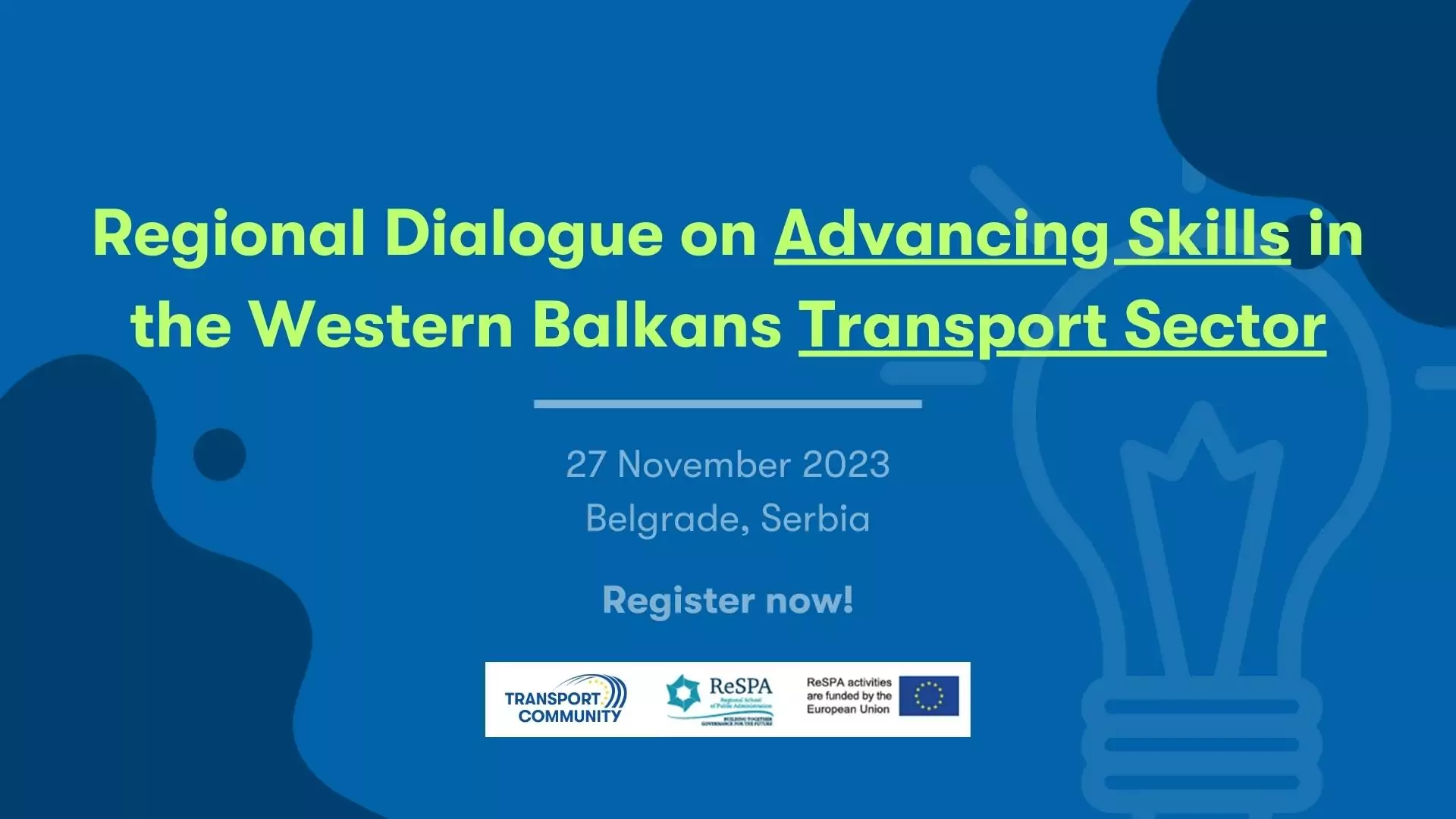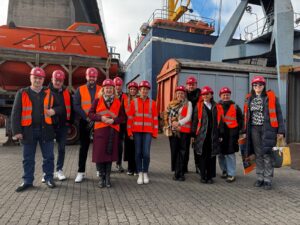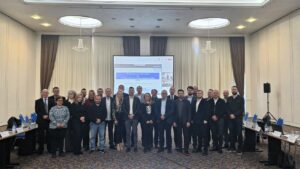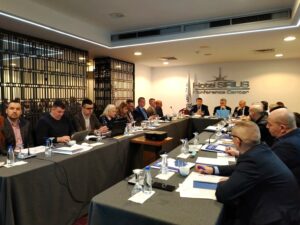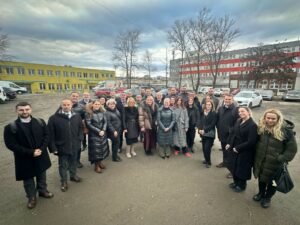WESTERN BALKANS – The Transport Community Permanent Secretariat and the Regional School of Public Administration are organising the Regional Dialogue on Advancing Skills in the Western Balkans Transport Sector.
The objective of the Regional Dialogue is to foster a comprehensive discussion on the future landscape of the transport industry in the region. Through insightful panels and expert engagement, the event aims to identify emerging opportunities in the sector, particularly focusing on future jobs and professions.
The event will have two Panels. Panel 1, titled “Where are the future jobs and professions in the transport sector?,” will explore promising areas for job growth and the emergence of new professions in rail, road, and aviation. Panel 2, titled “Skills for the future to support Green and Digital Transition in Transport,” will address the evolving skill sets required for the industry to adapt to green and digital transformation. The discussion will involve education institutions, private sector representatives, and governmental institutions to identify key competencies, training needs, and strategies for a sustainable and technologically advanced transport sector. Additionally, the event will feature interventions on empowering public servants and showcase good practices in the transport sector as part of the European Year of Skills.
Conference Details:
- Date: 27 November 2023
- Location: Metropol Palace Belgrade, Serbia
Registration:
To register for the Conference please click on the link below.
We eagerly anticipate your participation in this crucial event, which aims to promote the sustainability agenda in the Western Balkans and beyond. Please register by 23 November 2023 to confirm your attendance, and feel free to contact us with any questions or requests for additional information.
Should you have any questions or require further information, please do not hesitate to contact the event Coordinator, Ms Martina Hakl via email: mhakl@transport-community.org
Background Information:
The European Commission has declared 2023 as the European Year of Skills, aiming to promote lifelong learning, empower individuals and companies to contribute to green and digital transitions, and support innovation and competitiveness. Within this context, we acknowledge the transformative potential of enhancing skills development in the transport sector.
The transport sector, a key driver of economic growth, connectivity, and the green and digital transition, holds paramount importance. It aligns with global efforts to combat climate change, ensures competitiveness, and promotes sustainability. Embracing green technologies and digitalization enhances efficiency, reduces environmental impacts, and fosters economic growth. However, it also presents challenges that require upskilling and reskilling.

